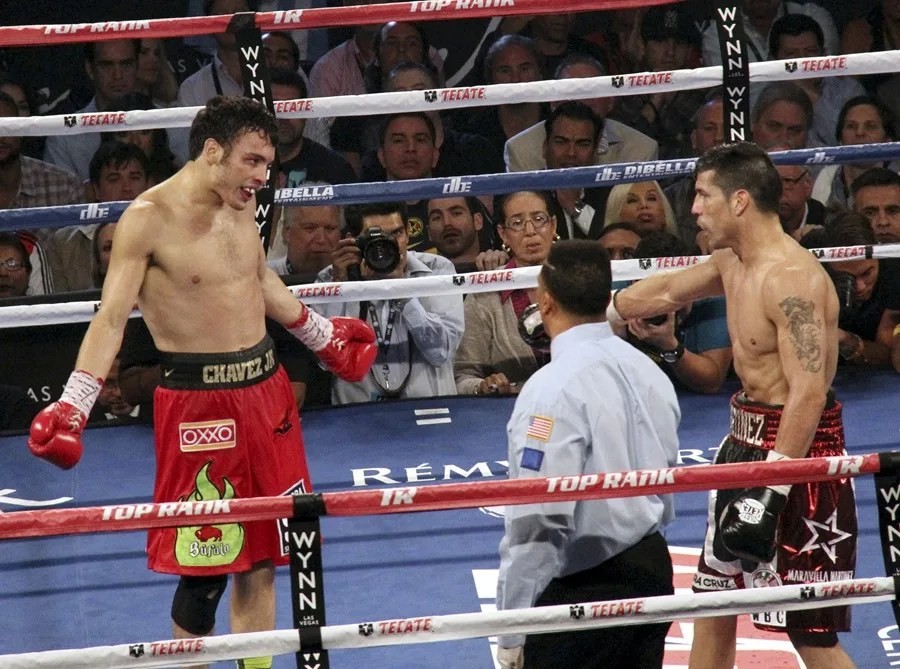How Did U.S. Authorities Let a Suspected Cartel Associate Walk Free Until Mexico Took Action?
The deportation of Julio César Chávez Jr., accused of cartel ties, highlights critical gaps in U.S. immigration and law enforcement policies that threaten American national security.

The recent handover of Mexican boxer Julio César Chávez Jr. from United States to Mexican authorities lays bare a troubling reality: our southern border and justice systems remain vulnerable to exploitation by individuals linked to organized crime. Despite being flagged as a "grave threat" by U.S. officials last year, Chávez Jr.—accused of connections with the notorious Sinaloa Cartel—managed to evade arrest in the United States for months before finally being detained and deported.Why Was a Known Security Risk Allowed to Remain Free on U.S. Soil?Chávez Jr.’s case is emblematic of systemic failures that undermine America’s safety and sovereignty. Although he...
This is Exclusive Content for Subscribers
Join our community of patriots to read the full story and get access to all our exclusive analysis.
View Subscription Plans